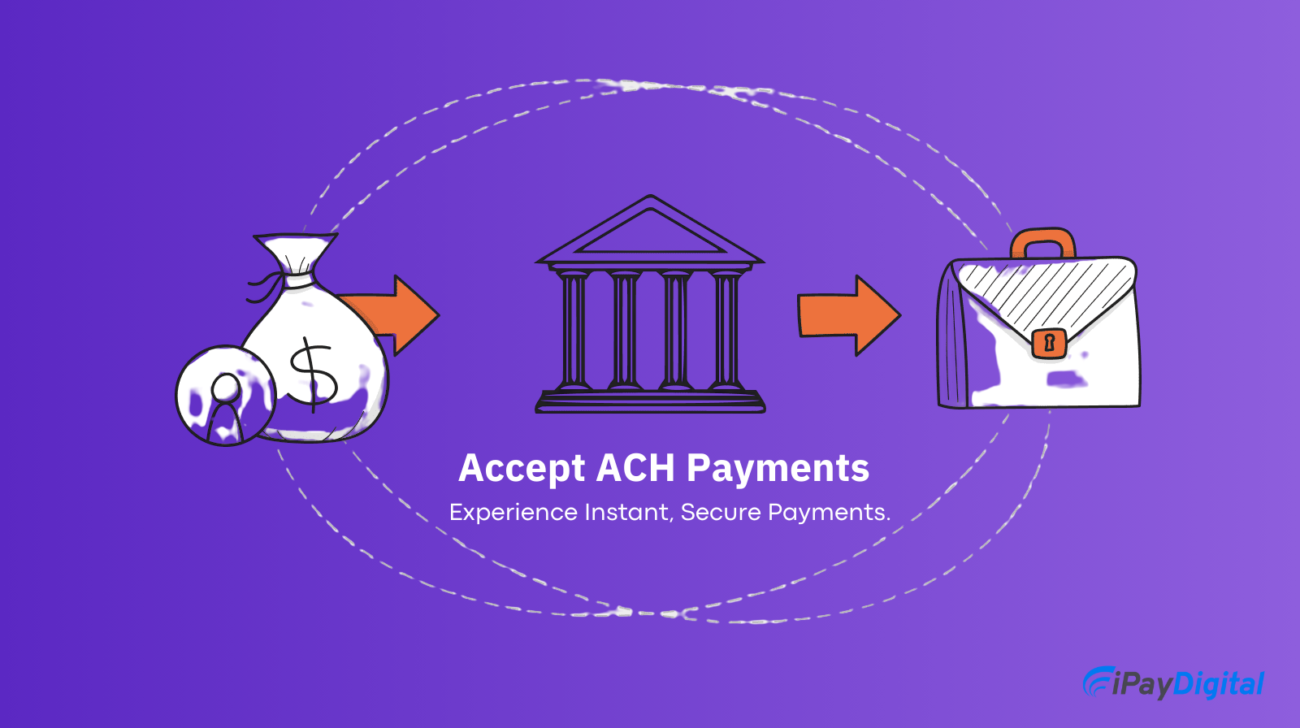In the fast-paced world of retail, seasonal businesses face unique payment processing challenges. Whether you’re selling ice cream in the summer or holiday gifts in the winter, choosing the right payment processor can make a significant difference in streamlining operations and maximizing profits. A payment processor is more than just a tool for handling transactions—it directly impacts customer experience, cash flow, and overall business efficiency.
In this guide, we’ll explore why selecting the best payment processor is crucial, the key contract terms to look for, the best pricing models for seasonal merchants, and strategies to manage costs year-round while ensuring seamless transaction processing during peak sales periods.
Understanding Payment Processing Essentials
Selecting the right payment processor goes beyond simply enabling transactions. The ideal processor should offer secure transactions, fast processing times, seamless integration with sales channels, and reliable customer support. Additionally, it must accommodate the unique requirements of seasonal businesses, ensuring scalability during peak periods and cost-effectiveness during off-seasons.
Key Factors to Consider:
- Customer Experience: A smooth checkout process enhances customer satisfaction, fostering loyalty and repeat business.
- Security and Compliance: Robust security measures protect against fraud and data breaches, safeguarding merchants and customers alike.
- Scalability: The right processor should handle fluctuating transaction volumes, enabling businesses to scale without disruptions.
- Integration: Compatibility with existing sales platforms and accounting software simplifies operations and reduces administrative workload.
Tailoring Pricing Models to Your Business
Understanding pricing structures is essential when evaluating payment processors. Seasonal businesses should seek flexible pricing models that align with their sales cycles.
Common Pricing Models:
- Flat-Rate Pricing: A fixed percentage per transaction; best for businesses with low to moderate sales volume.
- Interchange-Plus Pricing: A base interchange fee plus a processor markup; ideal for businesses seeking cost transparency.
- Tiered Pricing: Processors categorize transactions into different rates, which may lead to higher fees depending on transaction type.
Key Contract Terms to Watch Out For:
- Cancellation Fees: Some processors impose penalties for early contract termination, which can be costly for seasonal businesses.
- Hidden Charges: Look out for setup fees, monthly minimums, PCI compliance fees, and chargeback fees.
- Volume Commitments: Avoid contracts that require a minimum processing volume, as they may impose financial strain during slow seasons.
- Chargeback Policies: Understand dispute resolution procedures and associated fees, as chargebacks can significantly impact profit margins.
Managing Costs Year-Round
Since seasonal businesses experience fluctuating revenue, keeping payment processing costs manageable throughout the year is crucial. Here are some key strategies:
- Negotiate a Flexible Contract: Many processors offer seasonal pricing plans or reduced fees during off-seasons—don’t hesitate to negotiate.
- Monitor and Optimize Fees: Regularly review processing statements to identify and eliminate unnecessary charges.
- Leverage Payment Gateway Features: Some processors provide tools to reduce fraud, optimize payment approvals, and increase efficiency.
- Diversify Revenue Streams: Consider selling related products or digital offerings during the off-season to maintain cash flow.
Ensuring Reliability and Stability
When it comes to payment processing, reliability is non-negotiable. Downtime or delays in transaction processing can lead to lost sales and customer dissatisfaction.
What to Look for in a Payment Processor:
- Uptime and Downtime Records: Choose a processor with a proven track record of uptime and minimal outages.
- Financial Stability: Established processors are less likely to encounter service interruptions or unexpected shutdowns.
- Redundancy Measures: Ensure that the processor has backup systems in place to prevent data loss or downtime during peak seasons.
Seeking Industry-Specific Solutions
Many payment processors offer tailored solutions for different industries. Seasonal merchants should explore specialized tools that align with their business needs:
- Event Management Tools: Useful for seasonal events or pop-up shops, offering integrated ticketing and on-site payment processing.
- Inventory Management Integration: Helps track stock levels, optimize reordering, and prevent stockouts during peak sales.
- Multi-Currency Support: If your business serves international customers, choosing a processor with multi-currency support enhances the buying experience.
Leveraging Analytics and Reporting Tools
Data-driven decision-making can boost profitability and operational efficiency. Look for payment processors that provide:
- Transaction Analytics: Detailed reports on sales trends, customer behavior, and peak sales periods.
- Inventory Insights: Integration with inventory management systems to track top-performing products and restock efficiently.
- Customer Data Analysis: Insights into purchasing patterns that help refine marketing strategies and promotional campaigns.
Ensuring Compliance with Regulations
Regulatory compliance is a critical aspect of payment processing. Your chosen provider must adhere to industry standards and data protection laws, including:
- PCI DSS Compliance: Ensures secure payment processing and protection against data breaches.
- GDPR Compliance: Essential for businesses operating in or serving customers from the European Union.
- Local Regulations: Familiarize yourself with country-specific payment processing laws to avoid potential legal complications.
Final Checklist for Choosing the Best Payment Processor
| Key Consideration | Description |
| Customer Experience | Ensures a seamless checkout process for increased customer satisfaction. |
| Security and Compliance | Protects against fraud and ensures data security. |
| Scalability | Accommodates fluctuating sales volumes. |
| Integration | Works with existing sales and accounting platforms. |
| Contract Terms | Avoids hidden fees, cancellation penalties, and volume commitments. |
| Pricing Models | Offers transparent, flexible pricing suited to seasonal businesses. |
| Cost Management | Reduces processing fees and maximizes profitability. |
| Reliability & Stability | Ensures uptime, financial stability, and redundancy measures. |
| Industry-Specific Features | Provides event management, inventory tracking, and multi-currency support. |
| Analytics & Reporting | Offers transaction insights and customer data analysis. |
Final Thoughts
Choosing the best payment processor for your seasonal business is a strategic decision that directly impacts your profitability and operational efficiency. By understanding your business needs, evaluating pricing structures, assessing reliability, and leveraging industry-specific solutions, you can select a processor that enhances your business’s performance during peak seasons while keeping costs manageable year-round.
Prioritize flexibility, scalability, security, and customer support to create a seamless payment experience for your customers. With the right payment processor in place, you can focus on growing your business, improving customer satisfaction, and maximizing your seasonal sales success.














